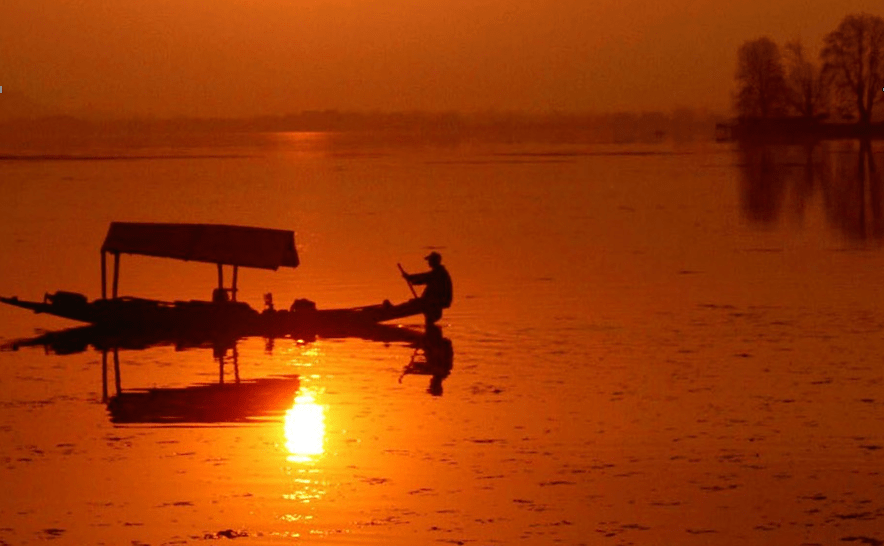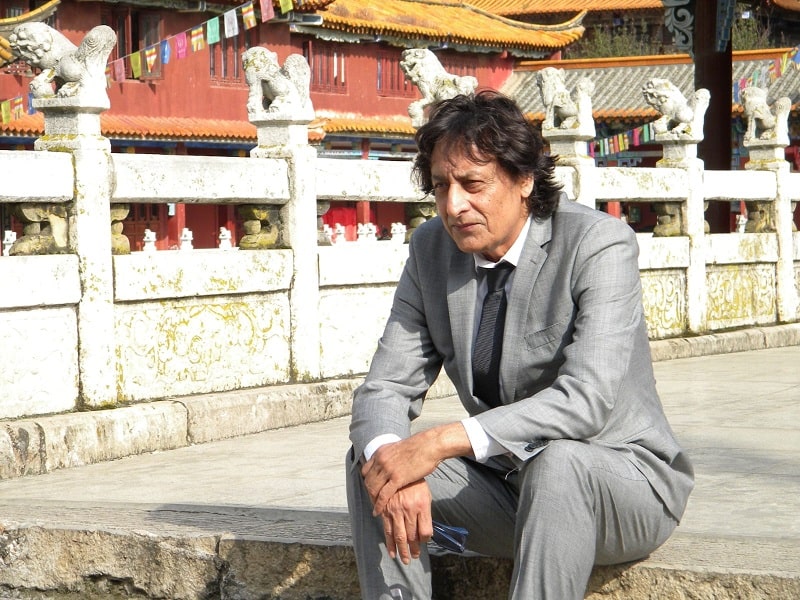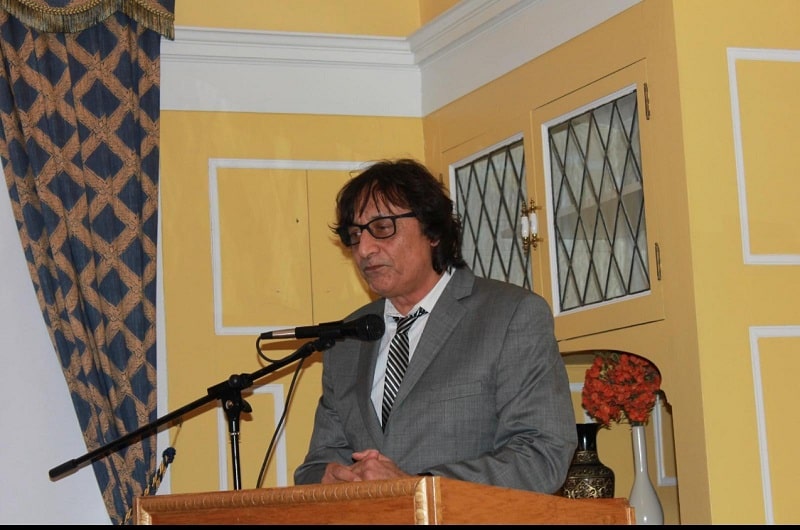
The Niagara Declaration
Historical background
During British rule in India, Jammu and Kashmir was the largest of the princely states on the Indian subcontinent. The ruler of Jammu and Kashmir was a Hindu Maharaja. The majority of the population, however, was and is Muslim. With the partition of the British Raj in 1947, Jammu and Kashmir had the choice of either joining India or Pakistan. Based on the majority religion, geographic contiguity and the wishes of the people it was generally assumed that Kashmir would join with Pakistan. However, the Maharaja signed an Instrument of Accession with India.
India and Pakistan have fought three wars over Kashmir. The initial conflict in 1947 was prompted by the signing of the Instrument of Accession and was followed by another war in 1965. Both countries fought a limited war in 1999 (Kargil) and 2003 (Siachen). The 1971 Indo-Pakistan War that led to East Pakistan’s (today’s Bangladesh) secession, started over Kashmir. The issue has been referred to the United Nations Security Council which has passed a series of United Nations Security Council Resolutions specifying the need for a plebiscite. More than six decades later the situation in Kashmir is deadlocked with no resolution to the conflict in sight.
Against this backdrop, the Canadian based World Kashmir Diaspora Alliance has initiated a proposal to hold an All-Parties Peoples Convention.
The All-Parties Peoples Convention
World Kashmir Diaspora Alliance (WKDA) which is headed by Farooq Siddiqi alias Farooq Papa intends to hold an All-Parties Peoples Convention in the City of Niagara Falls, a border city between the United States and Canada. The significance of the venue is seen as a semblance to the peace between two neighbouring countries that have been at war in the history of North America but eventually have progressed as two friendly countries. The idea originated by Farooq Papa, of getting the leaders of Kashmir from different religious, sectarian, ethnic, linguistic and political ideology to a formal discourse in arriving to a consensus that can eventually lead to a working course for peace in South Asia.
It is noticed that India and Pakistan have not been able to maintain a steady progress for peace in South Asia; both countries have intermittently engaged themselves in bilateral talks without any substantial outcome that could have benefited Kashmiri people in particular and people of South Asia in general. The rigid stand that both countries have taken with respect to the resolution of Kashmir is manifest in deadlock and will continue to be so. In such a state of antagonism Kashmiri people irrespective of their religious group, linguistic background, political ideology and social class have suffered in the absence of ‘hope for peace’.

Niagara Declaration
‘Niagara Declaration’ is the final declaration that will be adopted after thorough discourse and working meetings of about four hundred delegates comprising of political and religious leaders, civil society activists, academics, journalists and representatives of all minority sections from both sides of ‘Line of Control’ (LOC). The All-Parties Peoples Convention in Niagara Falls will be attended by Indian and Pakistani parliamentarians, representatives of United States Congress, Canadian Parliamentarians and European Union Parliamentarians besides Chinese Communist Party (CCP) representatives as observers, moderators, and monitors.
Farooq Papa emphasizes that the convention is not intended to challenge the stated stands of India and Pakistan, but to find a way forward for the people of Kashmir to be a part of the progress that South Asia will witness in the 21st century given the condition of peaceful co-existence. It will be left for India and Pakistan to resolve the Kashmir conflict if and when they become mature enough to realize that the Kashmir issue should be resolved in the cause of humanity, as the threat of nuclear war is always an ominous danger in the absence of peace. India and Pakistan, together with the international community, must help in removing the impediments that are confronted by Kashmiri people.
Farooq Papa is of the opinion that Kashmiris themselves have to find the way out of continued sufferings. This can only be done through dialogue and by peaceful means so that the people of Kashmir can progress alongside other nations in the sub-continent.
The declaration is aimed to provide an indigenous road map for peace, reconciliation, governance which shall be accountable to the people of Kashmir, economic growth, and environmental conservation of Kashmiri forests, water bodies and wildlife and recommendations for settlement of the issue of Kashmir by the countries that are a party to the dispute. The declaration will also aim at preserving the cultural heritage and creating opportunities for employment by direct foreign investment and development of infrastructure, which at present is lacking.
To be successful, Farooq Papa appeals to India, Pakistan, Canada, United States, European Union, China and other countries to support this event by allowing the delegates from both sides of the Line of Control to travel abroad and to support this initiative by the people of Kashmir. Lastly, World Kashmir Diaspora Alliance appeals to the Kashmiri Diaspora, the Indian and Pakistani people living outside the South Asian subcontinent to provide their support by volunteering and sponsorships.
